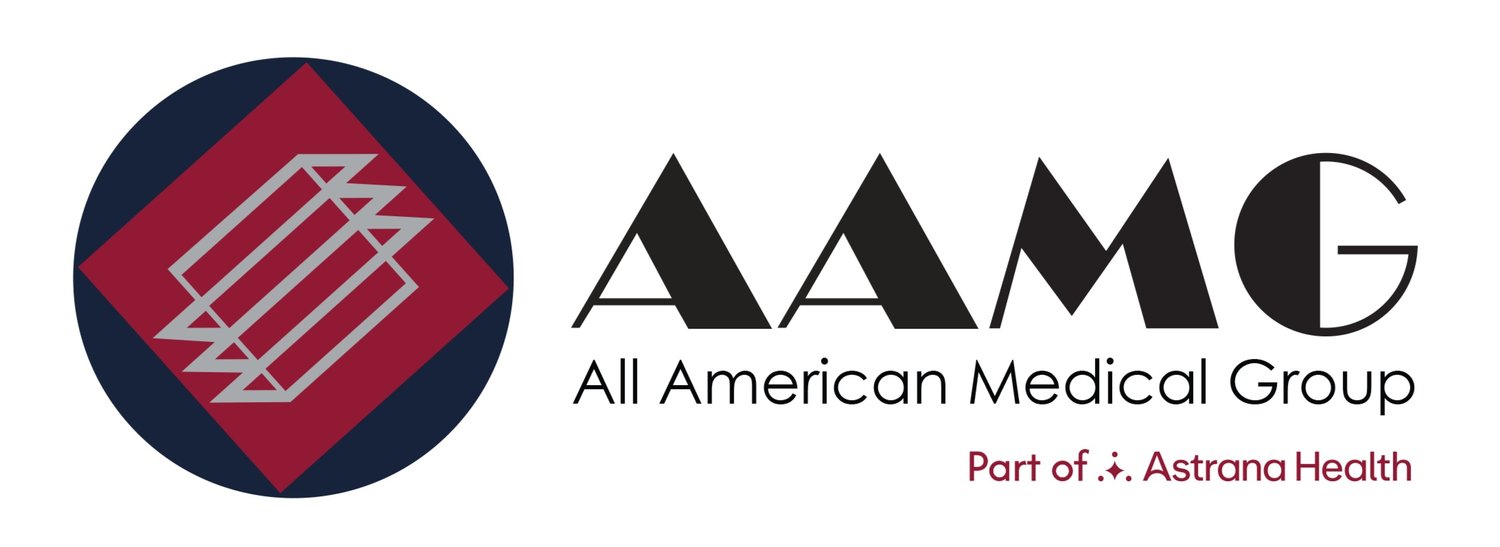Atrial Fibrillation
Atrial fibrillation (AFib or AF) occurs when the heart’s upper chambers beat irregularly due to malfunctioning electrical signals in the heart. The irregular electrical signals cause improper blood flow out of the heart which can increase the formation of blood clots. When blood clots travel to the brain, this can block the blood flow of the brain and cause an ischemic stroke.
People with AFib have more than 5 times the risk of stroke including ischemic stroke and hemorrhagic stroke. It also increases the risk of heart failure. Symptoms may include fatigue, rapid heartbeat, discomfort in the chest, and shortness of breath, while some patients may not have any symptoms.
Resources
Additional Resources:


